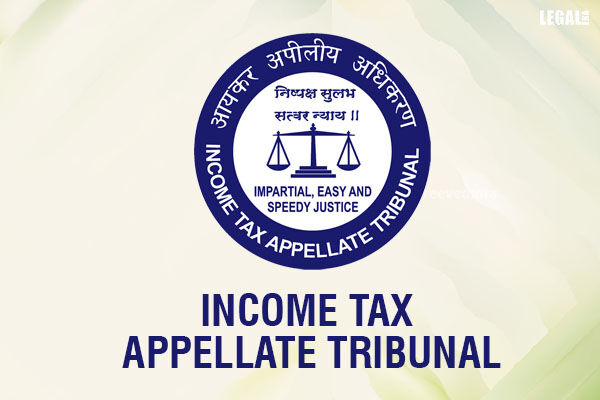
ITAT Delhi Rules In Favour Of S. C. Johnson Pvt. Ltd. On MAT Adjustment For Goodwill Amortisation
“Delhi Tribunal clarifies MAT treatment for goodwill in amalgamation cases”
In a significant ruling, the Income Tax Appellate Tribunal, Delhi Bench, has clarified the tax treatment of goodwill amortisation under the Minimum Alternate Tax regime. The Tribunal held that amortisation of goodwill, arising from a court-sanctioned amalgamation, does not constitute a “provision for diminution in the value of assets” under Explanation 1 to Section 115JB of the Income Tax Act, 1961. Consequently, the adjustment made by the Assessing Officer to add back such amortisation while computing book profits was deemed unwarranted.
Background of the Case
The case pertains to S. C. Johnson Pvt. Ltd., a company engaged in the manufacture and trading of insect control and air care products. During the relevant assessment years, the company amalgamated two wholly-owned subsidiaries—KAPL and Roshni Appliances Pvt. Ltd. (RAPL)—pursuant to a scheme sanctioned by the Delhi High Court. In compliance with Accounting Standard-14 (AS-14), the company adopted the purchase method of accounting and recognised goodwill in its books. This goodwill was subsequently amortised over five years. While computing book profits for MAT under Section 115JB, the company reduced the amortised goodwill from its profits. However, the AO disallowed this deduction, adding it back to the book profits and increasing the company’s MAT liability.
Assessee’s Arguments
Represented by Advocate K. M. Gupta and Shruti Khimta, the assessee contended that the accounting treatment of goodwill was consistent with the purchase method prescribed under AS-14, and was part of a scheme approved by the Delhi High Court. The statutory auditors had also accepted this treatment without any objections. The assessee strongly argued that amortisation of goodwill does not fall within the adjustments permitted under Explanation 1 to Section 115JB, which specifies the only additions or deductions allowed while computing book profits under MAT provisions. Therefore, it was submitted that the AO’s action of adding back the goodwill amortisation was without legal basis. The assessee also cited the Mumbai Tribunal ruling in Toyo Engineering India Ltd. (2008), where amortisation of goodwill under similar circumstances had been accepted for the purpose of computing book profits.
Revenue’s Position
Appearing for the Revenue, Mahesh Kumar defended the AO’s position by asserting that the recomputation of book profits was in line with the intention of Section 115JB. He argued that in the case of an amalgamation, the pooling of interest method—and not the purchase method—was the appropriate approach under AS-14. The Revenue maintained that the company’s decision to amortise goodwill under the purchase method was unjustified, and the resulting adjustment while calculating MAT liability was, therefore, valid.
Tribunal’s Observations and Findings
The Tribunal, comprising Judicial Member Anubhav Sharma and Accountant Member Manish Agarwal, examined the merits of both positions. It observed that the amalgamation scheme had been duly approved by the Delhi High Court and that the adoption of the purchase method was well within the framework of AS-14. Importantly, the Bench noted that even if the pooling of interest method had been adopted, the financial impact would have been revenue-neutral, as accumulated losses or negative reserves would still be reflected. The Tribunal emphasized that adjustments to book profits under Section 115JB must be strictly confined to the items listed under Explanation 1. Since amortisation of goodwill is not included in these prescribed items, the Tribunal held that the AO had exceeded his jurisdiction by making such an adjustment.
The ITAT Delhi ruling provides crucial clarity on the interpretation of MAT provisions in the context of amalgamations and accounting for goodwill. By disallowing the AO’s adjustment and deleting the addition made to the book profits, the Tribunal extended substantial relief to S. C. Johnson Pvt. Ltd., reaffirming that accounting treatments sanctioned by a court-approved scheme and consistent with notified standards cannot be overridden arbitrarily for tax purposes. This judgment reinforces the principle that MAT computations must align strictly with statutory provisions and cannot accommodate discretionary adjustments beyond the scope of Explanation 1 to Section 115JB.